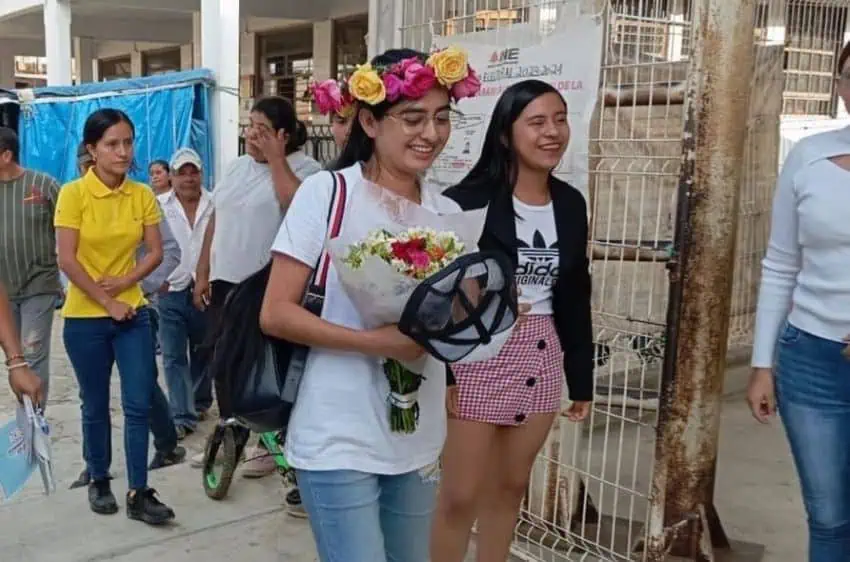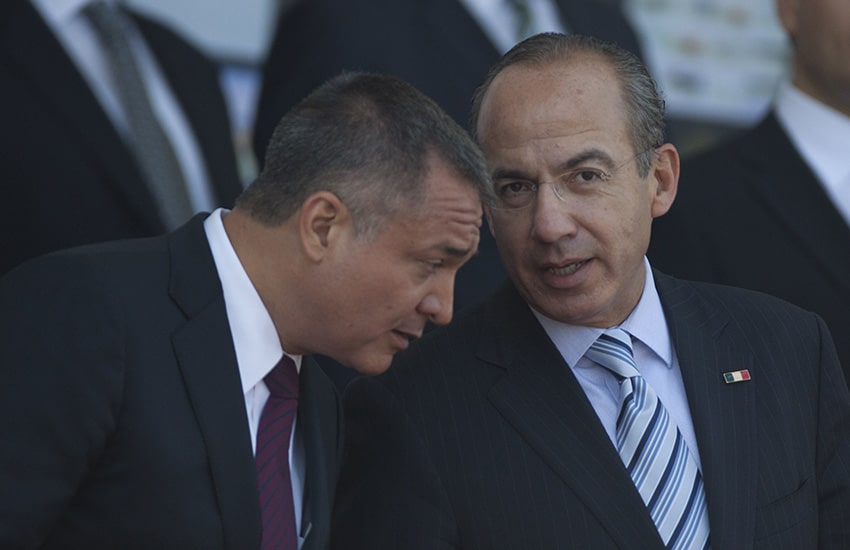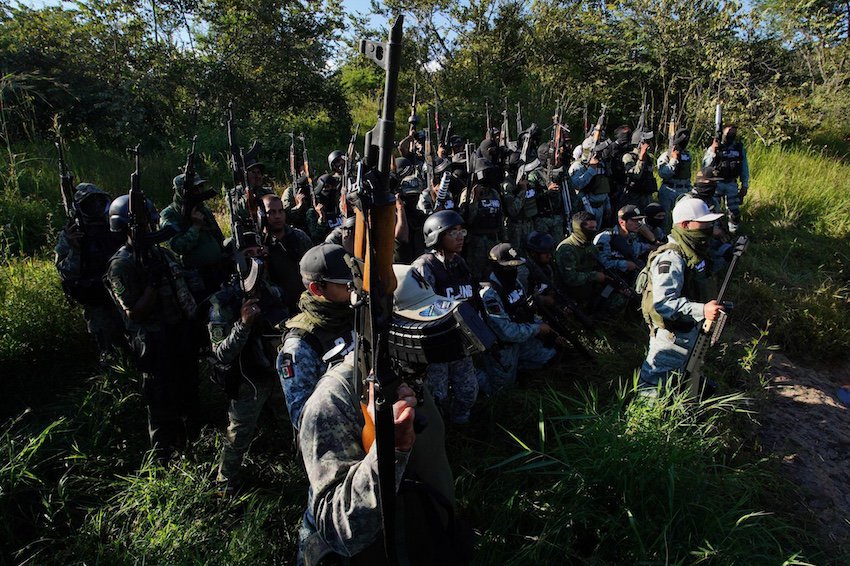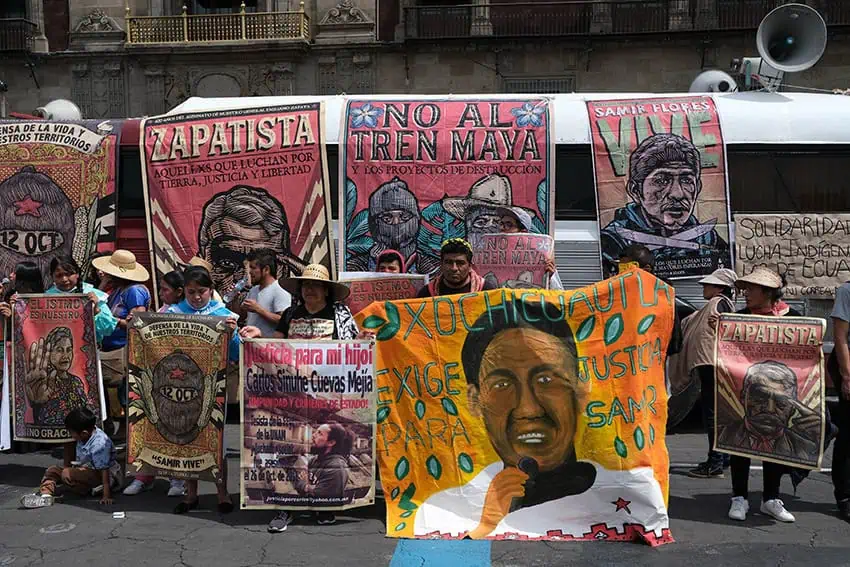If you’re an expat in Mexico, you may be wondering what this election has in store for us. If you’ve been following the news during this election cycle and in the year before, you’ve likely noticed a disturbing tread: a lot of candidates, particularly those running for local office, have been killed. A lot.
And that’s besides all the activists and journalists.

Sadder still is the fact that the killers are pretty much completely getting away with it. This fact that leads us to a painful truth: the people who say they’re in charge are not usually the people who actually are in charge.
Why not?
Why can’t the government control the violence?
Like a lot of things, it’s complicated. But I think our editor Kate Bohné put it very well in her Substack essay, Bullets, not hugs. When democracy truly came to Mexico (with Vicente Fox’s election in 2000), it disturbed the uneasy, corruption-enabled peace that had been in place for decades. It also failed to provide a mechanism for rooting out the small-time players of “the old guard” at the municipal and law enforcement levels: “This shift exposed the “gray zones” of criminal-state collusion to the pressures of election cycles, which at a municipal level, are frequent (mayoral terms are only for three years). Under the one-party system, these local arrangements among cops, officials and smugglers were somewhat stable, but with the end of PRI hegemony, they became fractured.”
AMLO’s famous phrase of “hugs, not bullets” is not turning out to be, in the end, a winning strategy. I, like many, gave it the benefit of the doubt: if Calederón’s strategy of targeting the powerful cartels with everything we had led to an unprecedented time of violence in Mexico, perhaps a softer approach was in order. The idea was to take a pro-social approach to keeping young people from joining cartels in the first place by offering them plenty of opportunity to be successful otherwise, and meanwhile, to not take a swinging bat to the hornet’s nest of well-armed and well-organized criminal gangs the way Calderón did.

Unfortunately, most analysts have concluded that the result has mostly been what looks an awful lot like warm embraces for the bad guys and bullets for everyone else. I think we can all agree that this is not a winning strategy.
The problem isn’t a nationwide one
These problems, of course, are localized: there are very safe places in Mexico and there are very unsafe places in Mexico, the same way you’d find in any other country.
But the fact that cartels feel so emboldened in their efforts to control elections on the local level is disturbing at worst, terrifying at best: they are extremely well-organized, and the fact they’ve been so successful in eliminating so many candidates they consider unsatisfactory certainly makes it seem like they’re two very big steps ahead on all fronts.
Terror sucks, but terror is extremely effective.

And it’s not that people don’t care. It’s simply that the problem seems too big to handle. How does one drain the ocean we’re all swimming in of sharks? (Actually, I need a better analogy, as sharks aren’t even close to being as dangerous as the cartels are…humans, maybe?).
On a national level, Mexico just doesn’t have the resources to send in a literal army to protect small-town mayorial candidates; and even if they did, there’s been plenty of documented collusion between criminal groups and the armed forces, anyway. It’s not that all of them are corrupt; most are not. But as we all know, it doesn’t take a majority to poison a group.
Are expats affected by any of this?
Mostly not much; as foreigners, we’re barred from participating in politics anyway, and most of us gravitate toward communities with reputations for safety when deciding where to visit or to live already. But it does mean that we need to make a point of not being naïve when evaluating the risks of certain actions. As a handful of unlucky foreigners and quite a lot of Mexicans can attest to, the bad guys here do not mess around.

So when you’re “doing your research,” make sure you’re also paying special attention to things like the reputations of certain driving routes if you decide to come by car (which I would not recommend, though I know plenty of people who have without a hitch). Keep your embassy’s emergency contact number on speed dial, and maybe even permanently share your location with someone back home.
I’m not saying that you need to live in fear; what I am saying is that you need to remember that the justice system in Mexico is very, and perhaps extremely, different than the system you’re likely used to, and unnecessary risks should be 100% avoided.
Much to your shock, I am sure, I personally have not yet figured out a safe and fair path forward for so many swaths of Mexico to get out from under the drug cartels’ thumbs.
And anyway, Mexico’s ongoing security issues are for Mexico to solve, and I do believe that this will happen, especially as more opportunities for individuals and the country as a whole open up.
In the meantime: have fun, yes, but stay safe, and remember that part of the fun and the risk of traveling is the fact that you simply can’t be in charge of everything that happens: be strategic about the risks you decide to take.
Sarah DeVries is a writer and translator based in Xalapa, Veracruz. She can be reached through her website, sarahedevries.substack.com.
